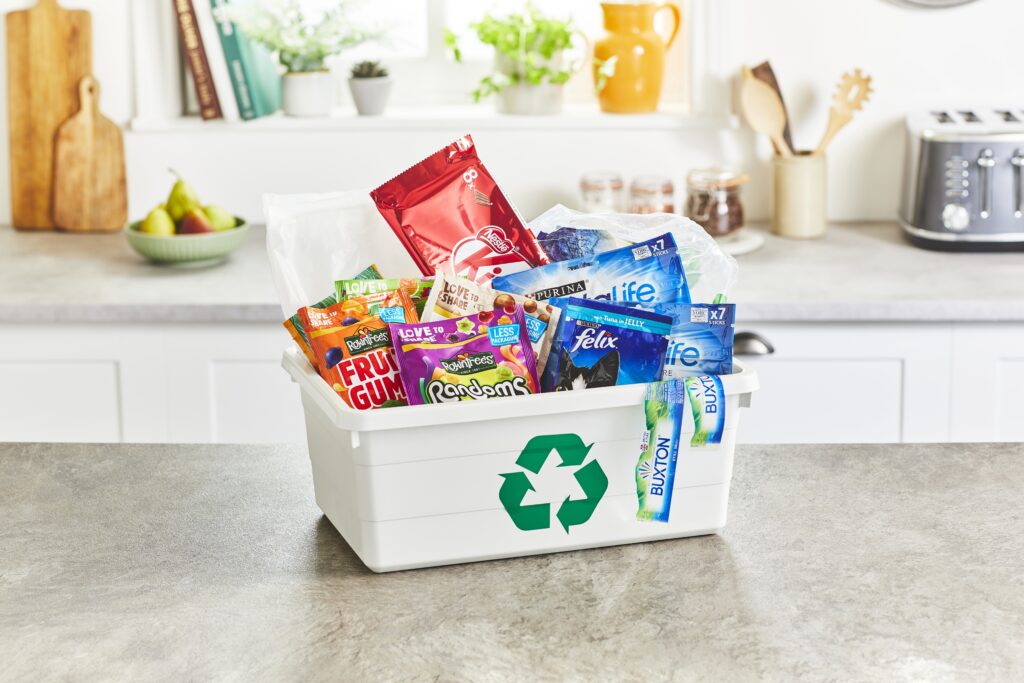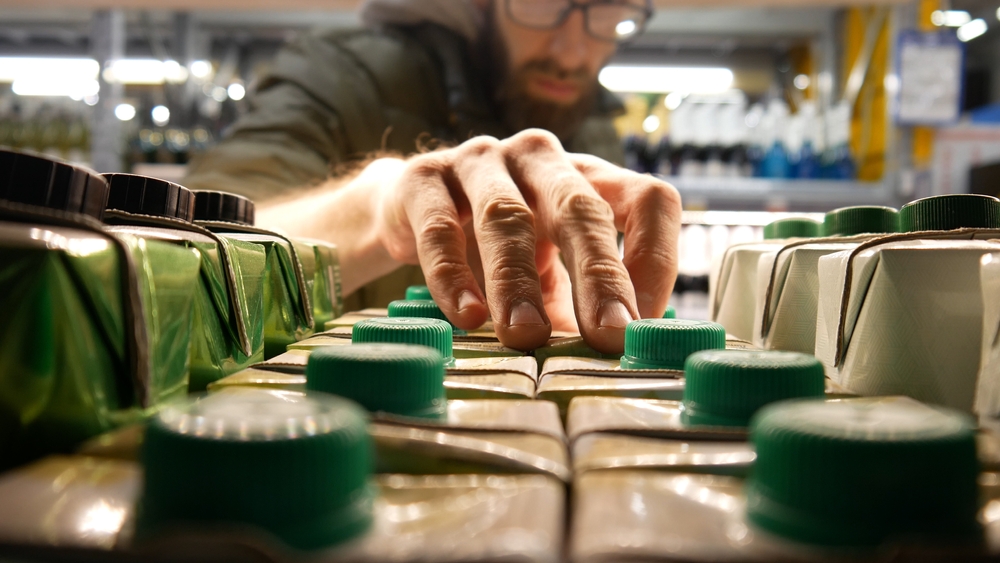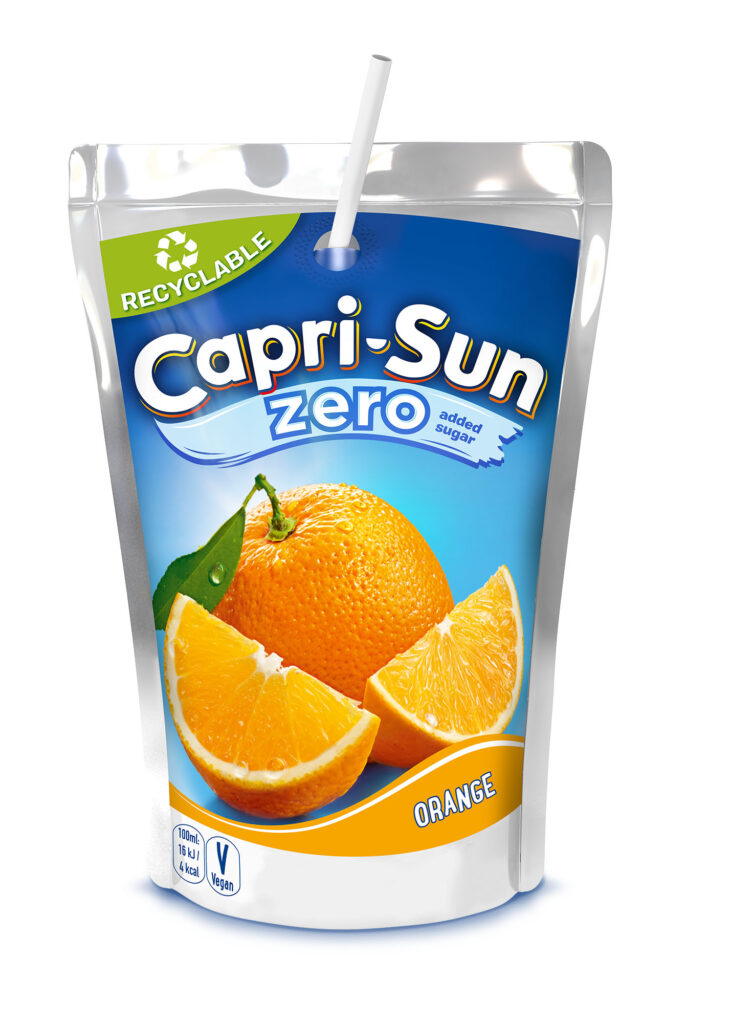The Co-op announced today that at least one third of the shopping bags it hands to customers by December 2002 will be biodegradable. This will increase to all of the bags it supplies within two-years.
The bags are made from a petro-chemical based material, which according to suppliers Symphony Environmental, is “able to degrade completely within about three years”, compared to “standard bags which take 100 years or longer”.
The new bags are said to reduce down to carbon dioxide, water and a small amount of mineralization in the soil and leave no toxic residues at the end of the degradation process.
However, according to Jim Pugh, chief executive of the Packaging and Industrial Films Association, providing degradable bags can be seen as a “non-sustainable” option. He explained that this is because energy and resources are used to create the product in the first and it should be reused. He pointed to a DEFRA survey conducted in 2000 which revealed that four out of five people reused their plastic bags.
Welcome
Susan Bromley from the Co-operative Group said: “The bag is something our customers will welcome and will help reduce the amount of waste going to landfill, and also help reduce the amount of litter.”
The British retail industry is estimated to use about eight billion plastic bags a year, equating to an average of 323 bags a year to each household. Supermarkets such as Tesco and Safeway have bag recycling schemes, whereby customers can deposit their used bags in-store for recycling. Several supermarkets also sell “Bags for Life” which are replaced free of charge and sent for recycling at the end of life.











Subscribe for free